By Joshua Simmons, November 10, 2014
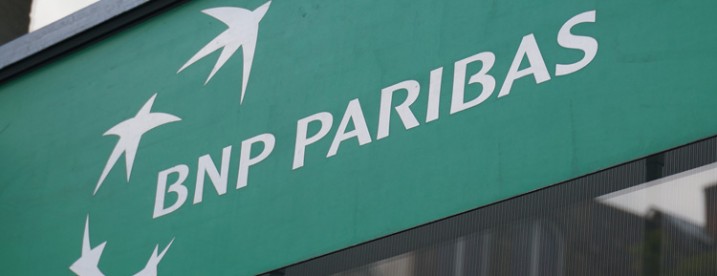
Until Global Financial Crime Punishments include Individual Prosecutions, Rogue Banks Will Continue to Do as They Please, Writes GFI’s Joshua Simmons
After the recent spate of massive money-laundering, sanctions-busting, and tax-evasion scandals involving large international banks, sometimes it seems more difficult to name a single bank that has not been exposed for wrongdoing than list all those that have. One might think that, having worked their way through so many financial institutions, investigators and prosecutors would be at a loss for what to do next. The banks, though, seem more than willing to provide more work, with many either failing to meet their ends of their settlement agreements, continuing to move money for criminals and tax-evaders, or both.
Standard Chartered, which settled charges in mid-2012 related to its widespread activities violating U.S. sanctions on Iran, Burma, Libya, and Sudan, paid an additional fine this summer for failing to uphold its obligations under the settlement. The bank may now be in line for even more punishment, after new information seems to indicate additional transactions with Iranian entities that weren’t disclosed or admitted in the original settlement. It’s not presently clear whether Standard Chartered retained a relationship with Iranian customers after its settlement in 2012, but it certainly continued to take their money after the initial investigation began.
By Grace Zhao, July 2, 2014
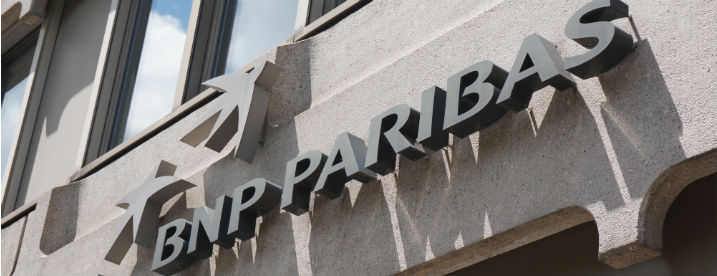
A couple weeks ago, we wrote a blog post hoping that discipline would go further up the BNP food chain. Unfortunately, the U.S.-BNP Paribas settlement still ineffectively punishes the French bank.
France’s BNP Paribas has agreed to pay a historically large fine of $9 billion for violating sanctions on Sudan, Iran, and Cuba. At face value, this seems to be a big deal. After all, no bank has ever been fined so much for similar crimes.
Yet yesterday, shares in BNP Paribas rose 4 percent, even after the bank pled guilty to a criminal charge. Moreover, no single person within the bank has been charged specifically with any crimes, allowing those who abused executive power to slip away relatively unnoticed. BNP did fire a few employees. Some left on their own. Others faced demotions and pay cuts, small atonements for the billions of dollars that the bank illegally transferred.
By E.J. Fagan, June 13, 2014
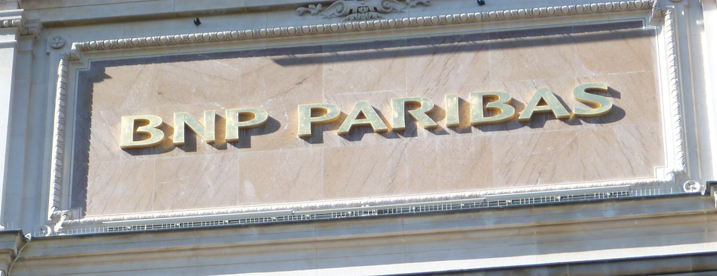
A few weeks ago, we wrote on this blog that New York Regulator Benjamin Lawsky was demanding that top executives at BNP Paribas be fired as part of their settlement deal for violating U.S. sanctions and money laundering rules during settlement negotiations. Today, The Wall Street Journal reported that Lawsky was successful:
BNP Paribas has tentatively agreed to oust a senior adviser at the French bank at the behest of New York’s top financial regulator as part of a proposed settlement of BNP’s alleged violations of U.S. sanctions, according to people familiar with the matter.
Benjamin M. Lawsky, who runs New York’s Department of Financial Services, requested the bank remove Vivien Lévy-Garboua, the people said. Mr. Lévy-Garboua has served as head of compliance and internal controls for BNP in North America and currently acts as an adviser to senior bank officials.
It is pretty typical for the bank’s chief compliance officer to be fired after a scandal like this. News reports have the eventual total at ‘at least a dozen’ executives, so we’ll see if the discipline goes farther up the food chain. BNP has announced the symbolic early retirement of Chief Operating Officer Georges Chodron de Courcel, who was expected to leave at the end of the year. No one should mistake that for real discipline, however.
By Grace Zhao, June 13, 2014
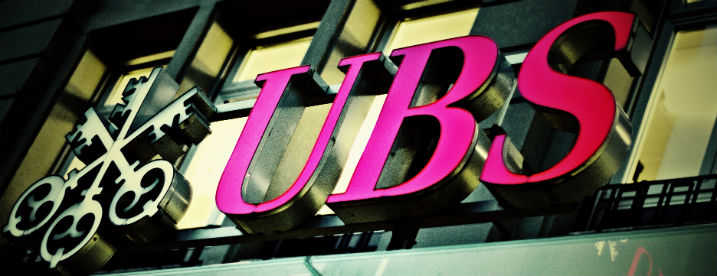
Swiss banks can’t be as secretive today as they were many years ago. The World Won’t Let Them.
For years, secrecy jurisdictions such as Switzerland helped U.S. depositors use their own secrecy laws to avoid U.S. income taxes. Banking secrecy was firmly established in Switzerland in 1934 when it became a criminal offense to reveal a client’s identity. As a result, Swiss banks have helped hide around $2.1 trillion in offshore accounts. Today this is an increasingly unacceptable amount of money to hide away.
Since the 2008 financial crisis, banks in secrecy jurisdictions have faced increasing international pressures to make banking information more transparent. Such banks have been urged to take on the automatic exchange of information on bank accounts.
By Koen Roovers, Global Financial Integrity, May 27, 2014
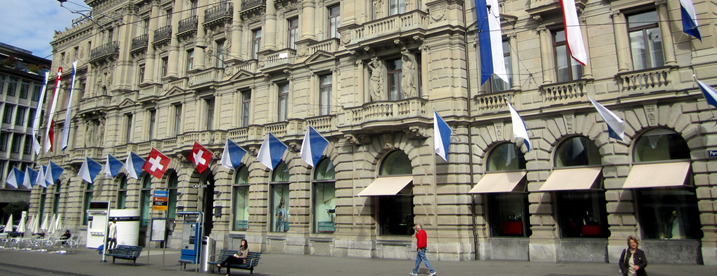
By Koen Roovers
Originally posted on the Financial Transparency Coalition blog
Last week, Credit Suisse, a staple of the Swiss banking industry, pleaded guilty to conspiring to help US citizens “hide their wealth” for decades, in order to avoid taxes. The debate that has emerged in the wake of US Attorney General Eric Holder’s announcement seems to focus on whether or not the fine—roughly US$2.6 billion—is fair. Is it high enough?
It might not be much more than a couple of month’s earnings for this major bank. In the wake of the guilty plea, does this settlement prove the suspicion of many that ‘banks are too big too jail’?
Even so, the punishment might be some conciliation to the US. But is it naïve to think that the bank was only involved in this practice in the US? While the US might have the capacity and power to bring a powerful bank like Credit Suisse “to justice”, other countries might not be in that position.
The official website of Credit Suisse makes mention of 55 other countries of operation, besides the US and Switzerland. Among this list are a number of South American, Asian and African nations. Some of these very countries are at the center of the problem of illicit financial flows – money leaving a country undetected, untaxed, and unaccounted.





